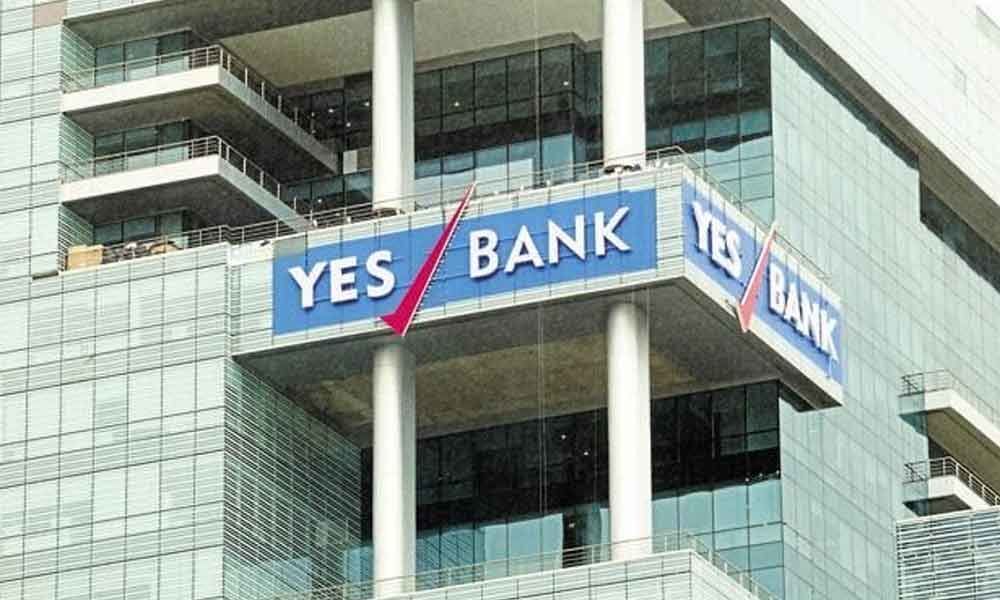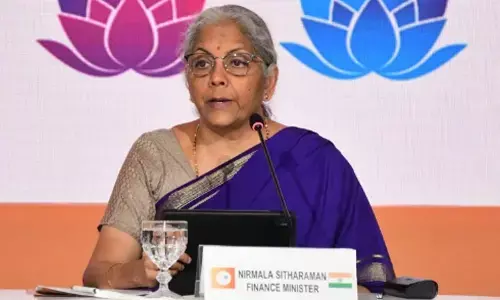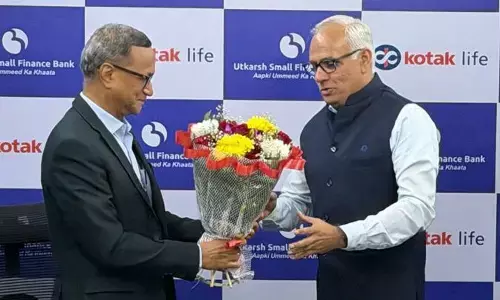Yes Bank to strain profitability in next 12-18 months

- We estimate the bank's overall stressed assets are about 8 per cent of its gross loans.
- The balance sheet clean-up will strain the bank's profitability as it provides for the stressed assets, says Moody's
New Delhi: The balance sheet clean-up by Yes Bank will strain its profitability in the next 12-18 months as it makes provisions for stressed assets, Moody's Investors Service said on Tuesday.
On April 26, the bank reported its first-ever quarterly loss since its inception in 2004 at Rs 1,506 crore in the January-March quarter.
Nevertheless, the bank is profitable on a full-year basis, with a return on assets of 0.5 per cent as of March 31, 2019, as against 1.4 per cent a year ago.
"We estimate that the bank's overall stressed assets are about 8 per cent of its gross loans.
The balance sheet clean-up will strain the bank's profitability in the next 12-18 months as it provides for the stressed assets," Moody's said in a report.
The March quarter loss of Yes Bank was driven by higher credit costs for non-performing loans (NPLs) and the creation of a contingent provision against a pool of identified stressed assets.
"Despite near-term weakness, we expect the change in corporate behaviour under new bank leadership will be credit-positive after the de-risking is complete," Moody's said.
In late-January this year, the bank appointed Ravneet Gill as its MD and CEO, after the Reserve Bank of India restricted the bank's founder and long-time MD and CEO Rana Kapoor's term until January 2019.
In the next three financial years, the bank may slow loan growth to about 20-25 per cent annually, compared with an average loan growth of 34 per cent a year between 2013-14 and 2018-19, Moody's said.
"The bank will increase the focus on the retail segment and small-and medium-sized enterprises and reduce dependence on corporate lending," Moody's said.
It added that a reduction in loan concentration to large corporate groups will be credit-positive, as these types of loans have lent volatility to the bank's asset performance in the recent years.
The bank's board has approved an equity capital raising plan of up to $1 billion, which, once complete, will help improve loss-absorbing buffers while supporting asset growth, it added.
The lender's gross non-performing assets (NPAs) doubled to 3.22 per cent of loans as on March 31, 2019, from 1.28 per cent at the end of March quarter in 2017-18.
At the end of March 2019, the bank's tier-I equity capital ratio was 8.4 per cent, compared with 9.7 per cent at the end of March 2018.











